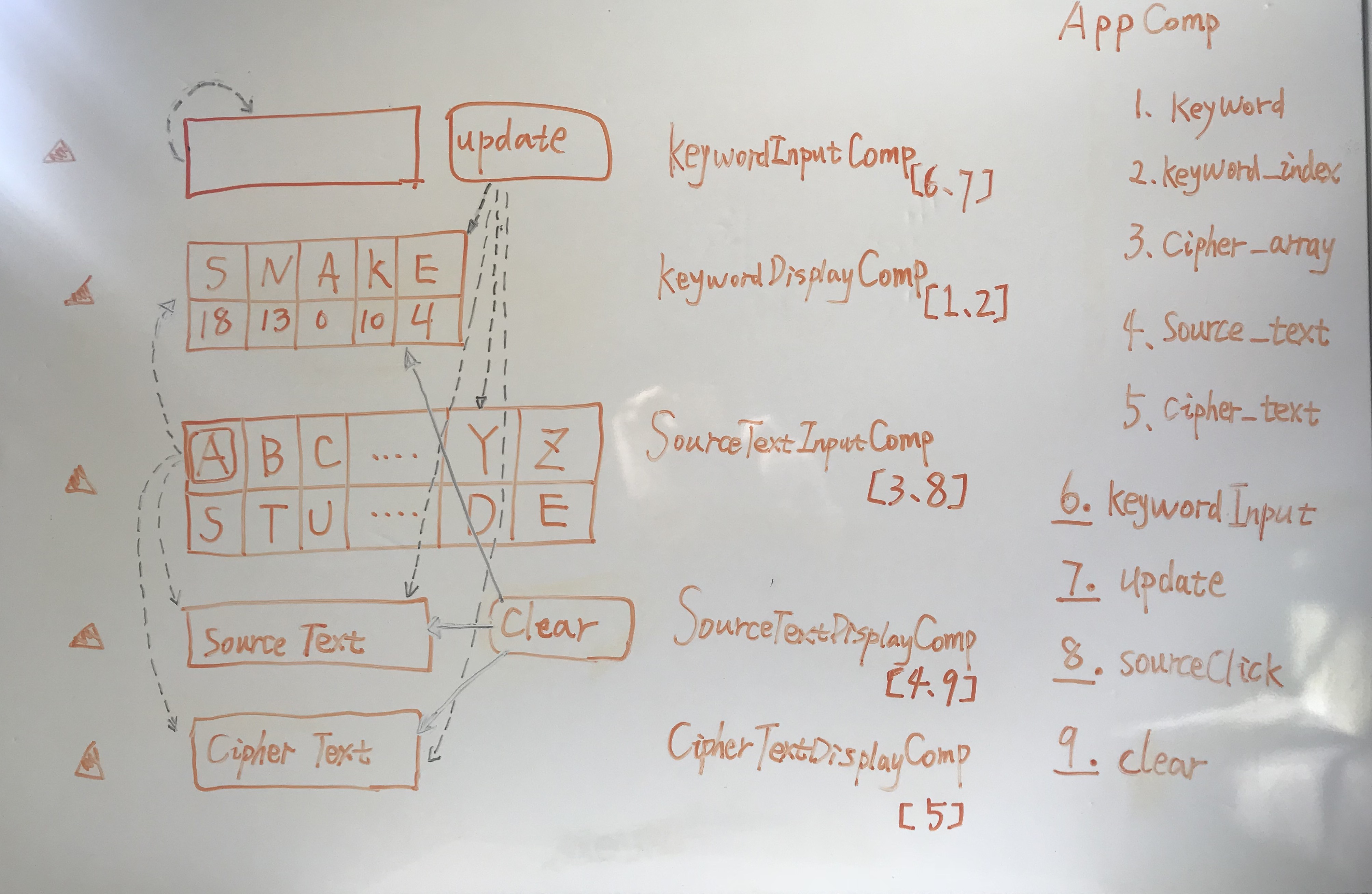Description
Given an array of integers and an integer k, you need to find the total number of continuous subarrays whose sum equals to k.
Example
1 | Input:nums = [1,1,1], k = 2 |
Note:
- The length of the array is in range [1, 20,000].
- The range of numbers in the array is [-1000, 1000] and the range of the integer k is [-1e7, 1e7].
Solution 1: brute force
Time complexity: O(n^3)
Try all the the possibilities for startIndex and endIndex of subarray, and check the sum to see if equals k
startIndex:i = 0 ... nendIndex:j = i ... n- sum and check: another loop
1 | let subarraySum = function(nums, k) { |
Solution 2: optimize using prefix sum
Time complexity: O(n^2)
prefixSum array: Spcae Complexity: O(n)
For the inner most loop, there are duplicate work for the addition to get
sum(i, j). In fact, we can process it beforehand, getting an prefix sum array; Thensum(i,j)will beprefixSum[j]-prefixSum[i-1], usingO(1)timedo summation in the fly: Spcae Complexity: O(1)
1 | // approach #1: prefixSum array |
Solution 3: optimize using HashMap
Time complexity: O(n)
Space complexity: O(1)
Based on Solution 2, we can get the subarray sum in O(n), but still the overall time complexity is O(n^2), that’s because we need to try all the possibilities of the startIndex and endIndex of subarray.
For each startIndex: i, the reason we need to iterate endIndex: j is that we want to find all the possible pair to make the subarray sum equals k.
If we change a direction to think about it, why not directly find all the the prefixSum[i'], making prefixSum[j] - prefixSum[i'] = k, and then we count all the possible i'. Thus, we need a memory to let know who will be the counterpart for the current prefixSum[j]. That’s hashmap~
1 | let subarraySum = function(nums, k) { |



